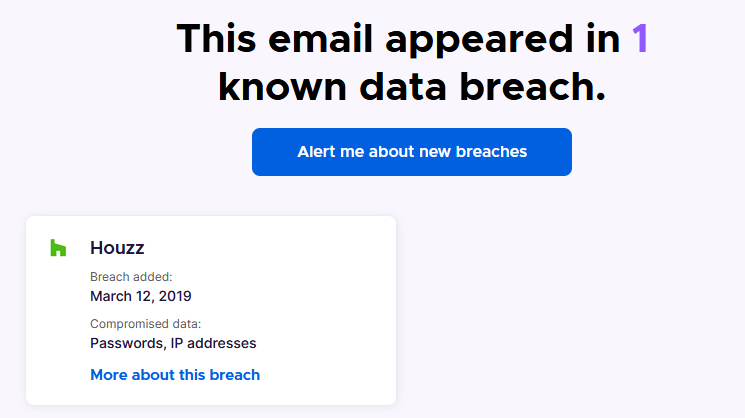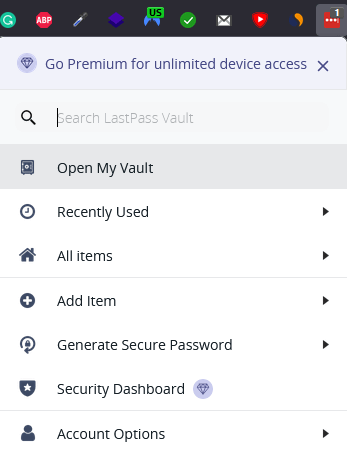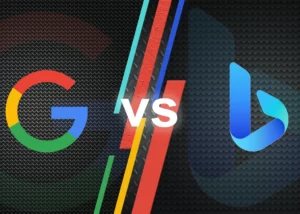You’ve probably heard by now that a password manager or browser isn’t enough to keep your passwords safe. If you’re not using two-factor authentication, your passwords can still be stolen in a password breach. So, how can you tell if your password has been stolen in a breach? In this blog post, we will discuss the signs that your password may have been compromised. Stay safe online and change your passwords regularly!
Signs that your password has been stolen
There are a few signs that your password may have been compromised in a password breach. If you notice any of these signs, it’s important to change your password immediately:
- Your email address is found in a data breach
- You’ve received an email from an organization stating that your password has been reset
- You’ve had trouble logging into your account
- Your password is easy to guess or has been leaked in a data breach
If you experience any of these signs, it’s best to change your password as soon as possible. Be sure to use a strong, unique password that you haven’t used anywhere else. You can also enable two-factor authentication for extra security.
Basic services to reveal email breaches
If you’re wondering if your password has been compromised in a password breach, there are a few basic services that can help you find out. Have I Been Pwned and Firefox Monitor both allow you to search for your email address to see if it’s been included in any known password breaches? If your email is found in a data breach, these services will provide you with a list of compromised accounts and the password for each account.
HaveIBeenPwned


Firefox Monitor


If your email address is not found in any known password breaches, that doesn’t necessarily mean your password is safe. It’s still important to change your passwords regularly and use two-factor authentication whenever possible.
Browsers are adding password monitoring for free
Firefox Monitor and Have I Been Pwned are two password monitoring services that have been around for a while. Recently, browsers have started to add password monitoring for free. In the near future, it’s likely that most major browsers will include password monitoring as a built-in feature.
Google Password Checkup
Google Password Checkup is a password monitoring tool that is currently available as one of Chrome’s features. If any of your passwords are compromised, Password Checkup will provide you with a list of breached accounts and the password for each account.
Type chrome://settings/privacy into the address bar, then click the “Check now” option.


Mozilla Firefox
Mozilla Firefox offers a password manager tool as a feature. In the address bar, you may use about:logins to get your logins. You can also open the Application Menu (top right) and select Passwords to access your passwords.
Both Google Password Checkup and Firefox Lockwise are great tools to help keep your passwords safe. Be sure to use a strong, unique password for each of your accounts and enable two-factor authentication when possible.
Instead, consider storing your passwords with a secure password manager such as LastPass or 1Password. Although it is handy, saving passwords in the browser isn’t always safe, and it’s not advised.
Password managers
Password managers are a great way to store your passwords and keep them safe. They can also help you generate strong, unique passwords for each of your accounts. If you’re not using a password manager, it’s time to start!
Lastpass
Lastpass is a password manager that can be used on a variety of devices, including Windows, macOS, iOS, Android, and Linux. It’s also available as a browser extension for Chrome, Firefox, Safari, and Opera. Lastpass includes a password monitor that will notify you if any of your passwords are compromised.


LastPass has a strong, free variant of the browser password storage services. LastPass will keep an eye on the “dark web” in case of a password leak, as well as send you a notification when it happens, something that browser password managers don’t do. If you believe this functionality is valuable and that your security matters, you’ll have to pay for it by subscription. The Personal Premium plan costs €2.90 per month, but a Family plan for an additional €1 per month may be purchased for a family of up to six people.
1Password
If you’re looking for an alternative to LastPass, consider using the 1Password password manager. Like LastPass, it’s available on a variety of devices and includes a password monitor that will notify you if any of your passwords are compromised.
One major difference between the two password managers is that LastPass is free for personal use, while a 1Password is paid option only and starts from $2.99 per month. A Family plan for up to five family members costs $4.99 per month.
Businesses of all sizes can purchase Premium subscriptions for LastPass and 1Password.
Conclusion
If you are concerned that your password has been stolen in a data breach, there are several things you can do to protect yourself. First, be sure to use a strong password that is not easy to guess. Second, use a different password for each of your online accounts. Third, use a password manager to keep track of all your passwords. Fourth, enable two-factor authentication whenever possible. Finally, be sure to keep your computer software up-to-date so that you are protected from the latest security threats.





